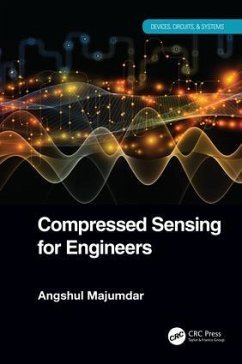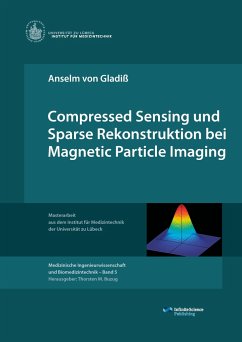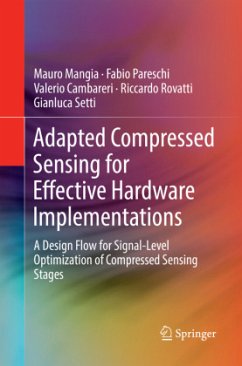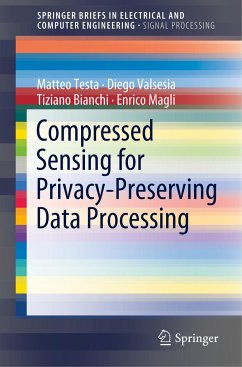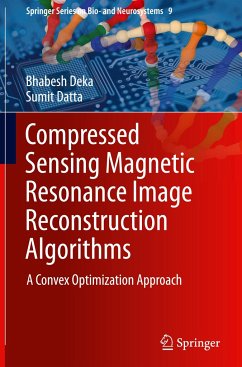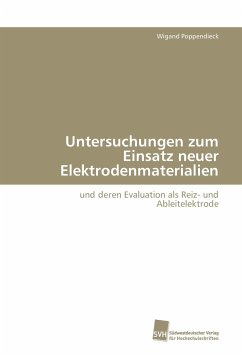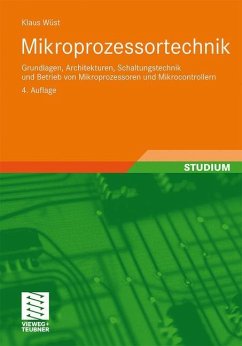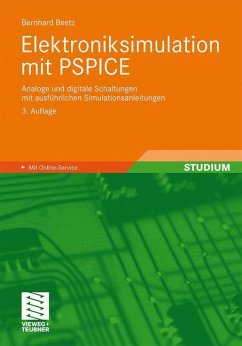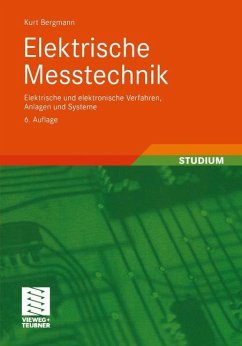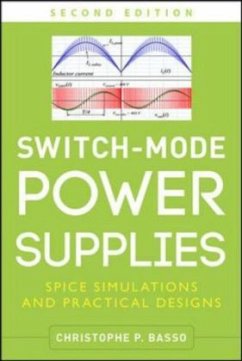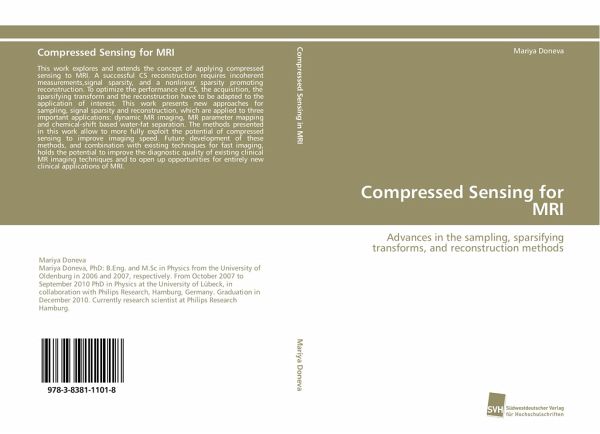
Compressed Sensing for MRI
Advances in the sampling, sparsifying transforms, and reconstruction methods
Versandkostenfrei!
Versandfertig in 6-10 Tagen
79,00 €
inkl. MwSt.

PAYBACK Punkte
0 °P sammeln!
This work explores and extends the concept of applying compressed sensing to MRI. A successful CS reconstruction requires incoherent measurements,signal sparsity, and a nonlinear sparsity promoting reconstruction. To optimize the performance of CS, the acquisition, the sparsifying transform and the reconstruction have to be adapted to the application of interest. This work presents new approaches for sampling, signal sparsity and reconstruction, which are applied to three important applications: dynamic MR imaging, MR parameter mapping and chemical-shift based water-fat separation. The methods...
This work explores and extends the concept of applying compressed sensing to MRI. A successful CS reconstruction requires incoherent measurements,signal sparsity, and a nonlinear sparsity promoting reconstruction. To optimize the performance of CS, the acquisition, the sparsifying transform and the reconstruction have to be adapted to the application of interest. This work presents new approaches for sampling, signal sparsity and reconstruction, which are applied to three important applications: dynamic MR imaging, MR parameter mapping and chemical-shift based water-fat separation. The methods presented in this work allow to more fully exploit the potential of compressed sensing to improve imaging speed. Future development of these methods, and combination with existing techniques for fast imaging, holds the potential to improve the diagnostic quality of existing clinical MR imaging techniques and to open up opportunities for entirely new clinical applications of MRI.





